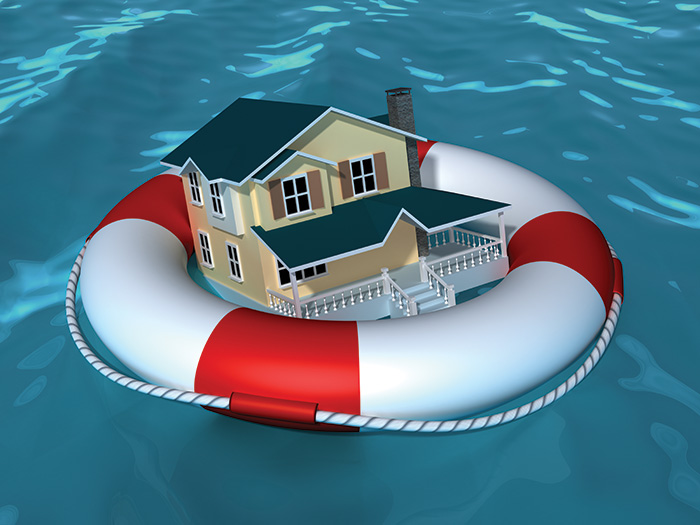Perspective | Opinion-pocalypse: British Banks Freeze Accounts in Political Whirlwind
British banks have been deciding who may have a bank account based on their political opinions without a reason being offered, and with no appeal possible.
Members of Britain’s Parliament (including two finance ministers), British members of the European Parliament, a politician’s granddaughter with Down syndrome, and more than 500,000 others have had their bank accounts frozen, then closed, and/or their mortgages canceled.
So has the Free Speech Union. Irony, anyone?
A banking ban is routinely accompanied by the closure of accounts operated by the customer’s parents, siblings, spouse, children, in-laws, grandparents and/or grandchildren.
The most common “wrong” view is to have voted for Brexit. Nigel Farage, who led Britain’s charge out of Europe, had his bank accounts summarily closed this summer with no reason given. Forced by law to justify its actions, the bank lied repeatedly. Every other British bank consequently refused to accept Farage as a customer.
A report he finally obtained from the bank said he did “not support the diversity, policies and purpose of the bank.” (Its actual purpose is to make money for its owners.)
Fittingly enough, it’s an EU law still on the UK books that lets banks dump customers and destroy their credit rating in the process.
Caught in a lie, the bank had to apologize. Its CEO said that the bank’s stated views “did not reflect [its] views.” Some apology. She resigned as a result.
Undeterred, the banks have struck back.
They now assess the suitability of every action customers ask them to perform. Payments, withdrawals and deposits that do not meet the bank’s social values will not be processed.
This is happening to ordinary people. Last year, I spent several hours in the custody of four police officers when trying to make an entirely legal payment from my bank. The manager disapproved of my lending a friend some money, and so had my sanity assessed by the authorities.
One imagines that insurance companies might wield similar power, although perhaps to a lesser degree. Nonetheless, life would be a rather trickier proposition if one were unable to insure one’s business, car or home.
In the wake of a related news report that British insurers routinely deny three-quarters of claims without explanation, I invited a few of them to comment. Unsurprisingly, none would.
Among my extended circle, one insurer told me in confidence that his CEO had voted for Brexit, so the company would be unlikely to punish others who did the same.
The CEO of another company said (again, off the record) that the idea of sanctioning anyone who criticized the company had come up in watercooler conversation. Saner heads would prevail, he said, for as long as he ran the show.
I voted for Brexit. Luckily, I am too unimportant to be considered for defenestration any time soon. But an existential threat need not be smashing down your front door with a pickaxe for you to be concerned.
Life is all but impossible without a bank account. Farage was talking about having to leave the country. One day, I might have to.
It would serve me right, apparently, for having my own opinion. &










